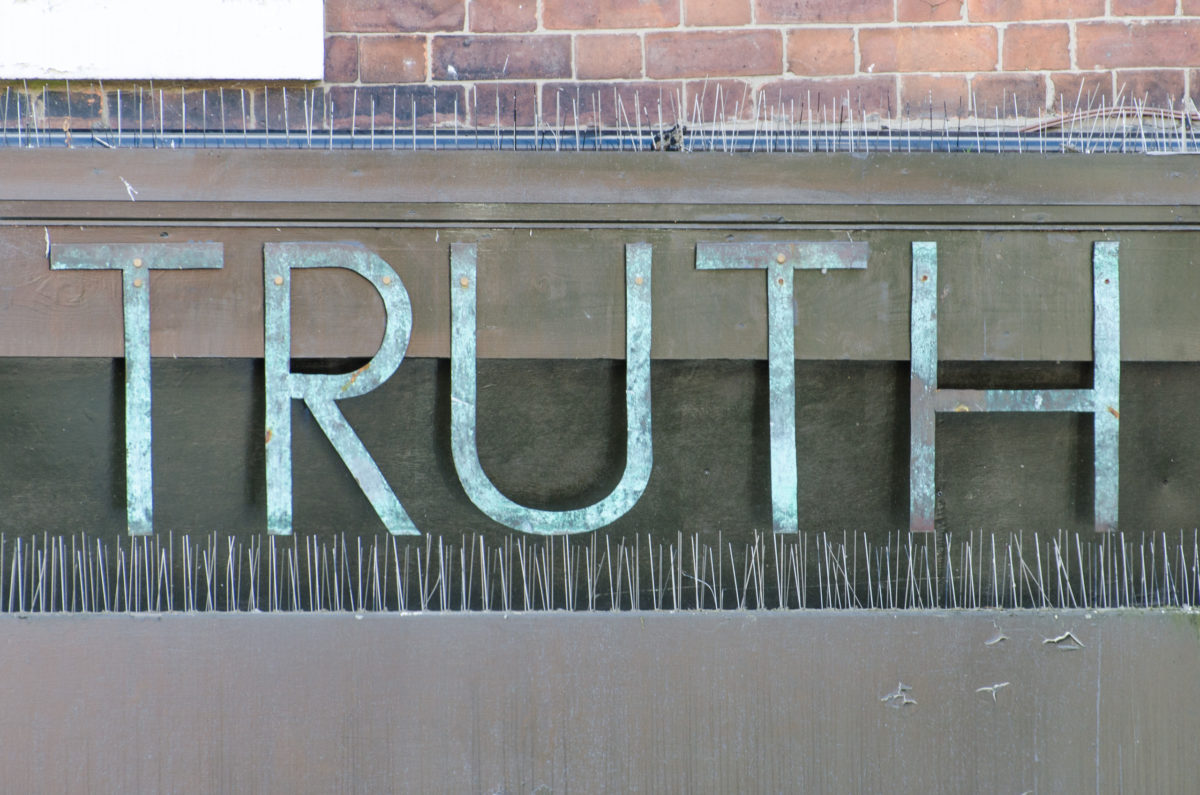Last October Media commentators across America sniggered that French President François Hollande was vying for the youth vote when he proposed to ban homework in the French school system.
The President claimed that, out of concern for equal opportunity, homework should be done during school hours rather than at home, since requiring homework favors wealthy children whose parents have the time to help their children or more money to hire private tutors.
Many Americans probably think this goes against simple common sense, since the story has been reported with humor and sarcasm in the American media. After all, one might ask, why don’t the French require all children to eat the same breakfasts, play the same set of sports, or be raised by parents with the same level of education, since such factors also have an impact on school performance? Hollande could be accused of taking the quest for equality too far.
But this kind of objection misses an important question: why are we concerned with inequality to begin with? If another student gets better help on his homework than I do, how does that hurt me? Some might say that I will face stiffer competition for future jobs. While this is true, it misses the fact that the number of jobs available is not a fixed pie. The better the education my classmate receives, the more likely he is to be the next Bill Gates or Andrew Carnegie, creating thousands of new jobs. If nothing else, the skills he learns in school might help him become a better programmer of software I grow up to buy, or a better mechanic for the car I grow up to drive. Whatever his profession, his enhanced performance is likely to benefit me.
Notice how president Hollande is not proposing any measures to actually improve the quality of education. Contrary to his rationalizations, this policy would not help the poor. What it actually does is punish parents for being concerned with their children’s education—including poorer parents. Parents with modest means often save up for tutoring, or put in extra effort to help their children, especially if they are deeply committed to their child’s future. But Hollande’s goal of “equalization of opportunity” purposely impedes kids whose parents push them to achieve.
We might laugh at this proposal as just more French silliness, but the fact is that many Americans advocate the exact same standard of morality. One of the Occupy Wall Street movement’s main talking points has been decrying the gap between the “1%” and the “99%.” President Obama’s response to the “fiscal cliff” was to raise taxes on top wealth producers even though it wouldn’t make a dent in the deficit and would stifle future investment. We might mock the French when they punish academic achievers for the sake of equality, but we punish achievers in business under the same moral premise.
As it is with education, the poor are better off, not worse off, when the rich get richer. Wealthy investors have expanded their fortunes by bringing sophisticated technologies like smart phones to the market, but now because their profits grew as their market widened, even those of less modest means can afford an ease of communication once reserved only for the affluent. As Valery Publius observed in the Undercurrent last year:
Yes, the scale of this difference in incomes is probably historically unprecedented. But so is the scale of the innovation that has created this new wealth. It has never before been possible to sell a new “app” for $1.99 and become a millionaire virtually overnight. Who is hurt if the downloaders enjoy their software, and its producers profit?
A concern about inequality—in education or in wealth—treats intelligence and prosperity as social ills equal to illiteracy and destitution. This is the moral philosophy of egalitarianism, a philosophy (or pathological string of rationalizations) that seeks destruction of the good as an end unto itself. Until we reject the idea that equality is intrinsically good, we will have no grounds to mock its more ridiculous (i.e. its more consistent) expressions.





